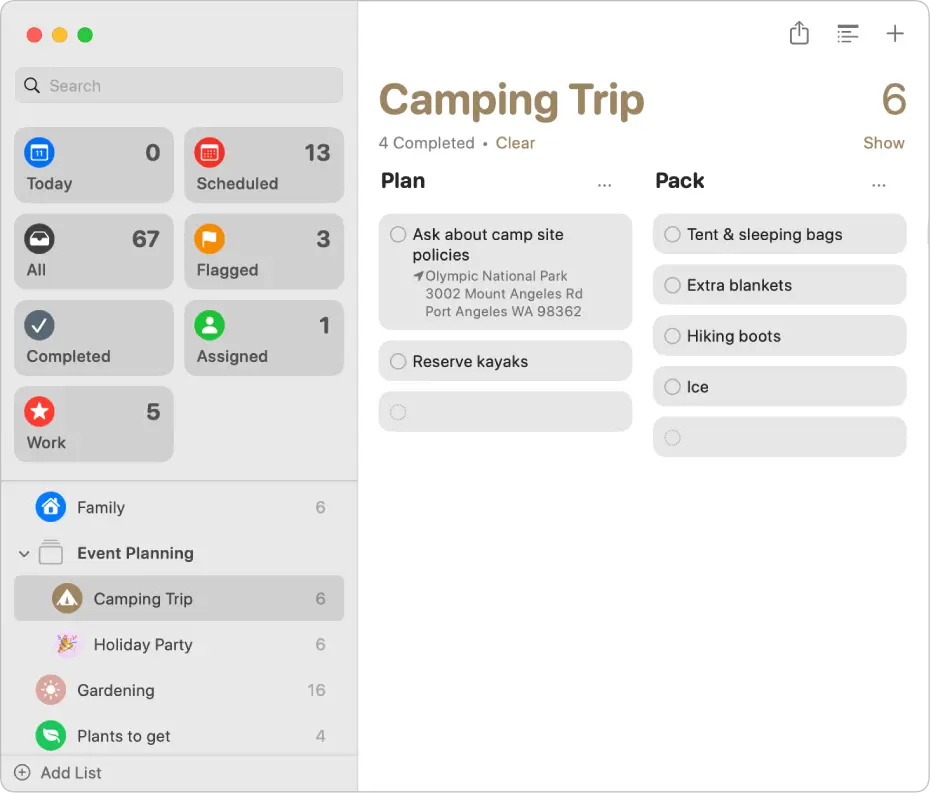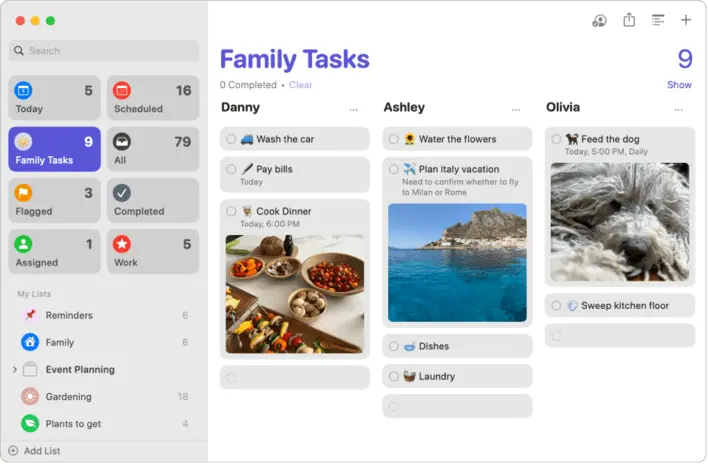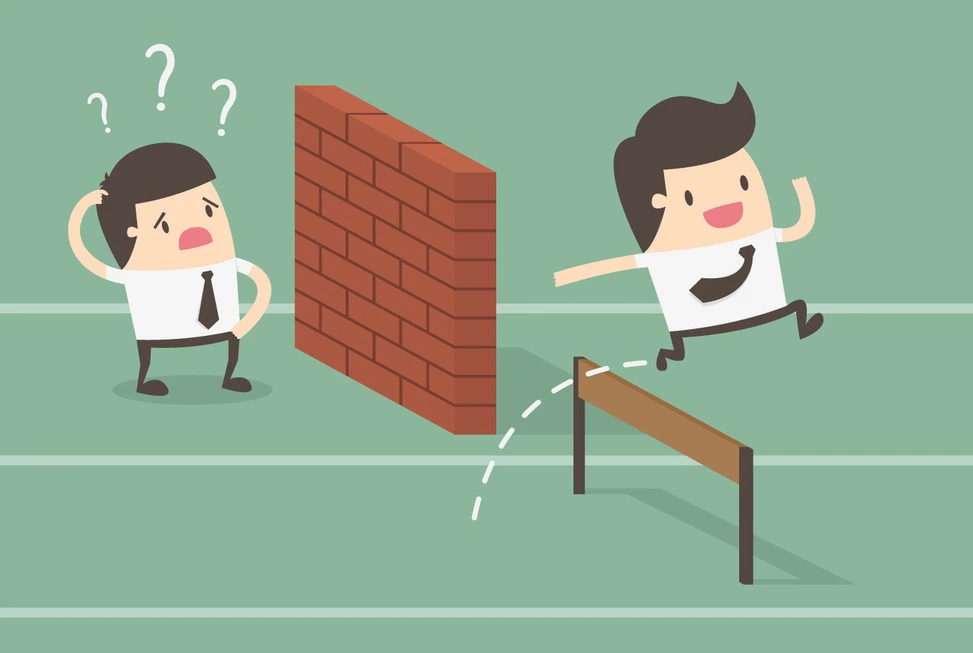Have you ever felt overwhelmed by a goal so big that you didn’t know where to start? Or found yourself paralyzed by the sheer size of your dreams? The secret to overcoming this isn’t found in grand gestures, but in small, consistent actions that build momentum over time. This technique has been my go-to strategy in various life circumstances—whether I’m facing an overwhelmingly big goal or navigating through times when I feel drained of energy, motivation, and drive. It’s incredibly simple to implement, yet it yields profoundly positive effects.
Why Small Goals Matter: The Psychological Benefits
Setting smaller, manageable goals each day allows me to consistently reach my larger objectives, regardless of the circumstances. These tiny steps aren’t just about progress; they also provide mental satisfaction and an energy boost. Each time I complete one of these small goals, the instant release of dopamine makes me feel accomplished, useful, and happy. This approach is especially valuable for those who have been struggling for an extended period and find it hard to get started. Taking small steps helps build courage and confidence.
Success Stories: How Small Steps Lead to Big Achievements
If you had asked me to write a book before last year, I would have laughed and said, “No way!” With no prior writing experience beyond university essays, the idea of writing a book seemed unimaginable. Yet, last August, just seven months after I began, I published my first book. My secret? Setting a small, achievable daily goal: to spend just 10 minutes writing. It didn’t matter what I wrote; I simply committed to those 10 minutes, freeing myself to do anything else afterward.
This concept isn’t just something I’ve applied to my life. Consider how best-selling author Stephen King approaches writing. He writes 2,000 words a day, no matter what. While this might seem like a lot, it’s the consistency—day after day—that has allowed him to publish over 60 novels. His strategy is a testament to the power of small, consistent goals.
You might recall from my book that I used this same technique during a four-day hike to Machu Picchu, Peru. Stricken with a sudden fever and altitude sickness, I felt exhausted and hopeless about reaching my destination. However, by shifting my focus from the daunting journey ahead to just taking five steps at a time—then pausing and repeating—I managed to keep going. Before I knew it, eight hours had flown by, and I reached our campsite almost effortlessly.
Practical Tips: Implementing Small Goals in Your Daily Life
When facing hardship in our lives, some of us might initially choose to pause everything—staying in bed, doing nothing, and hoping things will improve. However, the unseen trap is that the longer we remain inactive, the lazier and more demotivated we become, leading to feelings of uselessness, entrapment, and eventually, depression. Each day we procrastinate, we fall further behind, making it even more daunting to get up and start again. I experienced this firsthand in my younger years.
On the other hand, some of us with ironclad discipline push ourselves to work at maximum capacity without slack. But soon enough, we find ourselves facing sudden burnout or anxiety attacks. I’ve been on the verge of burnout twice and have seen many friends and acquaintances, once energetic and vibrant, struggle with burnout or other mental health issues, taking months or even years to recover.
I’ve learned that neither extreme—inactivity nor relentless overexertion—works well for me. Through extensive reading and personal experimentation, I discovered a balanced approach that makes tough times more bearable: setting small, achievable goals.
Example Goals to Get You Started:
- Want to be fit and active? Start with just 10 minutes of walking each day.
- Dream of writing a book but haven’t started? Dedicate 10 minutes daily to thinking, researching, or writing.
- Aspire to start your own business? Spend 10 minutes each day researching your chosen industry and business ideas.
- Looking to improve relationships with family and friends? Use 10 minutes a day to check in on them.
- Planning to quit a job you dread? Spend 10 minutes a day exploring what you’re passionate about and considering your next steps.
Some days, you might surpass your small goals, while other days, you might simply meet them. Both scenarios are meaningful victories. During challenging times, it’s important to recognize and value your every effort, no matter how small. It’s easy to succumb to inertia and stay in bed all day, but by committing to 10 minutes of productive activity, you demonstrate extraordinary resilience and strength.
And remember, these 10 minutes can be tailored to whatever works best for you—whether it’s 1,000 steps, 1,000 words, 10 phone calls, or sending out 10 resumes. The key is consistency and making progress, no matter how small, each day.
The Power of Incremental Progress: Realizing Your Dreams
Interestingly, I often find myself surpassing these small goals. When I start a walk outside, the beauty of nature, the warmth of the sun, and the freshness of the air often motivate me to continue well beyond the initial 10 minutes. At the gym, I frequently extend my workout sessions. Watching a podcast about an investment can lead to hours of additional research. When I brainstorm a compelling blog headline, I might end up drafting the entire blog. And as I mentioned earlier, I began writing my first book with just 10 minutes a day. Before long, those 10 minutes expanded to an hour, and eventually to six-hour writing sessions.
These 10-minute tasks and small goals might seem insignificant, but the mental satisfaction and energy boost they provide are phenomenal. Each time I complete one of these small goals, the instant release of dopamine makes me feel accomplished, useful, and happy. What’s even more incredible is how these incremental efforts accumulate and compound over time, leading to significant progress and paving the way for remarkable achievements.
Tools and Resources to Help You Stay on Track
To help you stay on track, consider using tools like Habitica or Trello to break down your goals into manageable tasks and monitor your progress daily. These platforms can help you visualize your progress and keep you motivated by turning small goals into daily habits.
If you’re looking for something simple and free, and you’re a bit lazy like me, I recommend using the “Reminders” app on your MacBook. This app allows you to create customized lists with tasks and priorities, helping you to keep track of what needs to be done. Here’s an example of how to use Reminders (Source)



The Reminders app with lists of tasks, priorities, and progress indicators.
For those who use Windows devices, I’m not entirely sure what similar apps are available, but there are definitely alternatives like Microsoft To Do or Google Keep that can serve a similar purpose.
Conclusion: Start Small, Achieve Big
Remember, every great achievement starts with a single step. So, what’s your next small goal? Whether it’s spending 10 minutes writing, walking, or researching your dream business, commit to it today and watch how these small efforts transform your life. As the famous Chinese proverb goes, “The journey of a thousand miles begins with a single step.” What will be your first step? Share your goals in the comments below, and let’s inspire each other to take the first step toward success.
***This chapter is part of an eight-chapter series titled “How to Overcome Difficult Times in Life: Tips, Strategies, and Personal Advice.”
Don’t miss any part of the series! Stay updated and explore the full collection of chapters here:
- Introduction: How To Overcome Difficult Times In Life: Tips, Strategies, And Personal Advice
- Part 1: How to Use Journaling to Clear Your Mind and Boost Emotional Well-Being
- Part 2: How a 30-60 Minute Walk in Nature Can Enhance Your Mental and Physical Health
- Part 3: How to Practice Positive Self-Talk for Better Mental Health
- Part 4: How to Set Small Goals and Achievable Tasks for Success
- Part 5: The Power of Self-Love: Proven Practices for Mental Health and Fulfillment
- Part 6: Why Talking to Family and Close Friends is Crucial for Emotional Support
- Part 7: The Benefits of Practicing Meditation: How to Get Started
- Part 8: The Surprising Health Benefits of Cold Showers: Boost Energy, Reduce Stress, and Build Mental Resilience
Related posts:
 How to Overcome Difficult Times in Life: Tips, Strategies, and Personal Advice
How to Overcome Difficult Times in Life: Tips, Strategies, and Personal Advice
 The Power of Self-Love: Proven Practices for Mental Health and Fulfillment
The Power of Self-Love: Proven Practices for Mental Health and Fulfillment
 Why Talking to Family and Close Friends is Crucial for Emotional Support: A Cross-Cultural Perspective
Why Talking to Family and Close Friends is Crucial for Emotional Support: A Cross-Cultural Perspective
 The Surprising Health Benefits of Cold Showers: Boost Energy, Reduce Stress, and Build Mental Resilience
The Surprising Health Benefits of Cold Showers: Boost Energy, Reduce Stress, and Build Mental Resilience
 How to Stop Feeling Rushed and Anxious: Proven Strategies to Overcome Rush Syndrome
How to Stop Feeling Rushed and Anxious: Proven Strategies to Overcome Rush Syndrome
 Not Every Day is a Win—But Every Day is a Lesson
Not Every Day is a Win—But Every Day is a Lesson

